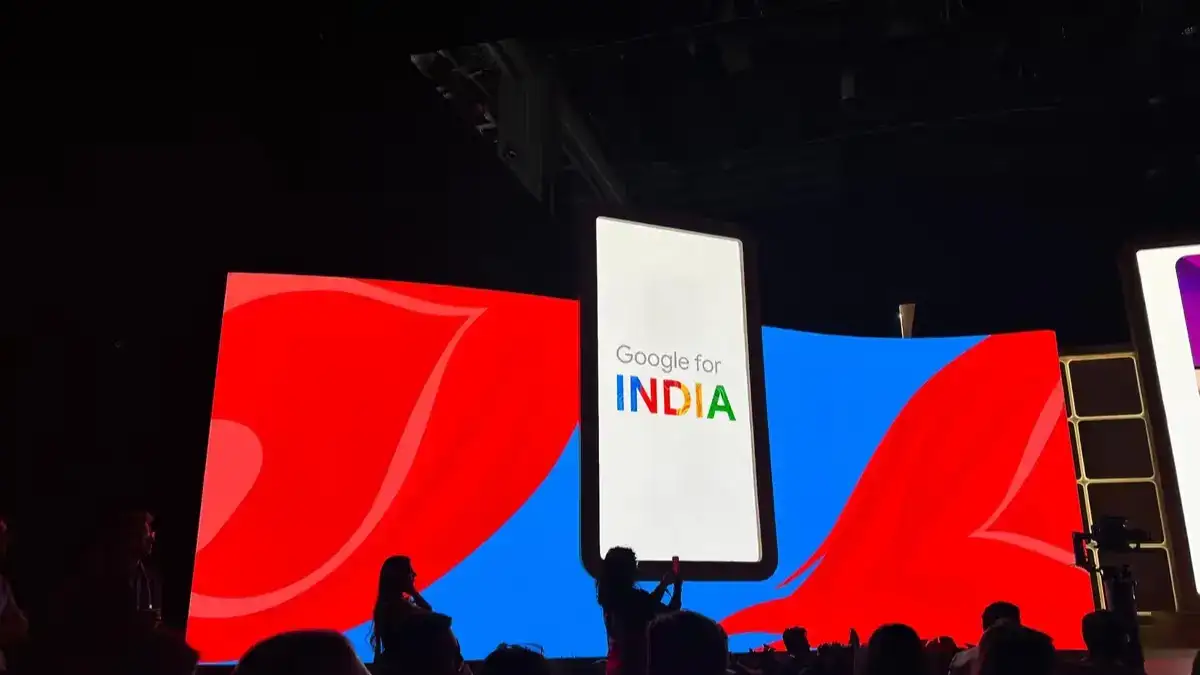New Delhi: As it marks a decade of Google for India, Google is all set to celebrate its ten years of bringing innovation and expanding technology access for millions across India. This year’s event centered around an “AI Opportunity Agenda for India,” a whitepaper aligned with the government’s India AI mission. This agenda focuses on three main areas, 1st building robust infrastructure for innovation 2nd creating an AI-ready workforce and 3rd fostering inclusive tech adoption. Among the highlighted innovations were AI features for Google Search, enhanced Google Lens capabilities, and new tools tailored for merchants. Additionally, Google Pay now supports gold-backed loans, while health initiatives aim to enhance digital health access. In a big push for AI literacy, Google.org has committed $4 million to promote responsible AI use in underserved communities.
Following G20 Accord, Google to Export India’s Digital Public Infrastructure
Google is stepping up its commitment to India by launching an ambitious plan to export the country’s digital public infrastructure (DPI) to the global stage. Unveiled at the Google for India keynote, the tech giant introduced ‘DPI in a Box’—a ready-to-use framework for governments looking to implement systems similar to India’s digital identity platform. Built on Google Cloud, this package provides a full suite of tools for identity storage, management, and access, designed for easy integration by other countries.
The solution, which aims to help other nations and establish frameworks akin to Aadhaar using a standardized tech stack, is being developed with support from the EkStep Foundation, backed by Nandan Nilekani, and Protean Technologies Ltd. However, Google’s DPI does not include the Unified Payments Interface (UPI) stack.
Reports suggest that Google is in discussions with four African nations, along with top multinational consultancy firms, to explore DPI implementation. Additionally, Google announced the localization of its Gemini 1.5 Flash large language model (LLM), its fastest and most efficient multimodal model, which will be hosted in India to cater to industries with data localization requirements, such as financial services.
Global Expansion and AI Advancements
This push for DPI adoption worldwide follows a G20 agreement from last year, which identified India’s DPI as a reliable and interoperable standard. Technology expert Jayanth Kolla from Convergence Catalyst said, “Google’s ‘DPI in a Box’ offering positions it within India’s tech ecosystem’s growth. With UPI and open networks like ONDC and India’s health stack already successful, these technologies are set for massive global expansion. In many ways, India’s DPI ambition resembles China’s Belt and Road initiative.” He added that India’s DPI allows other nations to digitize their identity systems within three weeks, making it an attractive option for global tech companies like Google.
Google’s partnership with Protean Technologies and EkStep Foundation marks one of the initial steps following the G20 consensus. Speaking on the initiative, Bedi shared that “product creation” is at its core, as nations have varying needs, some focusing on public cloud services, others on sovereign cloud solutions within their borders. EkStep Foundation will handle queries on DPI adoption, along with Google’s partners and existing clients worldwide.
While Protean Technologies declined to comment due to a silent period before quarterly earnings, EkStep Foundation had not responded at the time of writing. Commenting on the localization of Gemini 1.5, Kolla mentioned, “It’s a strategic move, but we need to see if this AI model truly resonates with India-based use cases. Competitors have built models integrating local languages from the start, while Google’s model is mainly trained on English.” He also noted that Microsoft currently holds a stronger foothold in India, but Google’s move might help it gain influence.
At the event, Google also introduced open-source AI agents for businesses, providing deep industry-specific expertise. Google further expanded its Gemini platform to support nine Indian languages and rolled out AI Overviews for Google Search in four additional languages.
Prashant Kumar Singhal from EY India noted, “Emerging economies, especially in Africa and the Caribbean, will likely lead the adoption of India’s DPI. Advanced economies like the U.S., Australia, and the EU have their own identity systems and are unlikely to replace them. The long-term revenue opportunity for tech providers will be from cloud platform services, which offer substantial returns as more nations join in.”
Google Pay has partnered with Muthoot Finance to offer gold loans and is also collaborating with the National Health Authority to integrate Ayushman Bharat Health Account (ABHA) IDs into Google Wallet, further enhancing digital accessibility for Indian users.





